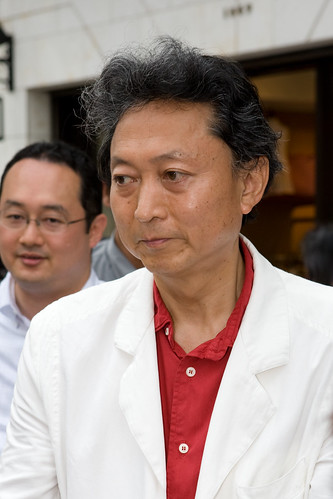Rob GIn other words, is the world of rating agencies as we know them over? If so, what does it mean? For Buffett it means at least the chance for lower income. That lower income may be the result of a loss of market--outside US capital markets may come up with their own rating mechanisms, and/or the revenue model will be impaired by regulatory constraints placed on rating agencies. For the rest of us it changes the way we get our information about capital and its working. Rob G. seems to think we'll enter an even darker age...
Niskayuna, NY
Buy low, sell high depends on the QUALITY of information one receives from reputable sources.
Over the past decade or so, there's been a disturbing decrease in the quality and clarity of reporting from organizations normally tasked to report fundamentals. Where are all the big accounting houses that used to audit and certify financial statements? What happened to responsible, effective government oversight? Why is everyone keen on moving to the "mark to model" securities valuation methods when those models are NOT PUBLISHED and therefore not critically scrutinized?
That Buffett is divesting Moody's should sound alarms everywhere. Moody's makes money publishing quality research. "Moody's Investors Service is among the world’s most respected and widely utilized sources for credit ratings, research and risk analysis," its website reads. If Buffett sees no future (especially in light of the recent past) in that critical and iconic institution, what is he thinking?
Without quality and clarity of information, effective financial transactions become the domain of large investors who have access to inside, non-public information - that being the only way left to accurately judge risk. Smaller investors, who have no such access, shut themselves out for their own good.
Buffett may have trusted public sources before, and that may have contributed to his losses. But his methodology of using fundamentals to gauge risk remains valid. The real question is, can we trust the fundamentals?
When action speaks louder than words, yet the message remains... oracular
The Remote Control Presidency
Assuming that a good man can make all the needed difference by himself, even if he inhabits the residence at 1600 Pennsylvania Ave., is oversimplifying, if not outright delusional. For one, insurance companies are one of the capitalism pillars, by supplying investment capital (together with banking, retirement funds and the state itself). Then, proving commitment in terms of some sort of action is the best way to be taken seriously.
Yukio Hatoyama
The New Prime Minister of Japan
We are currently standing at a turning point in global history, and therefore our resolve and vision are being tested, not only in terms of our ability to formulate policies to stimulate the domestic economy, but also in terms of how we try to build a new global political and economic order. I would like to conclude by quoting the words of Count Coudenhove-Kalergi, the father of the EU, written 85 years ago, when he published Pan-Europa.
"All great historical ideas started as a utopian dream and ended with reality".
"Whether a particular idea remains as a utopian dream or it can become reality depends on the number of people who believe in the ideal and their ability to act upon it."
Excerpted from “My Political Philosophy”, by Yukio Hatoyama, Prime Minister of Japan
The above excerpt, as well as the entire text, would not mean much unless Mr. Hatoyama were not the head to the government whose country is the 2nd largest buyer of US treasuries.
Popular Posts
-
The 2nd installment of wikileaks, Cablegate , has been partially released, as in 1/000. The story behind the whole data-spill seems to hav...
-
A little less than 3 years ago, I commented about the unfolding episode of WikLeaks . [...] a smart young man, driven by patriotism, enlis...
-
Capitalism is itself an artifact, based on a fiction. Sooner or later, it runs out. Some of its plot elements are property, law, innovatio...
-
A recent NYTimes article informs us about the Chinese plan to redirect massive amounts of water to their dry north from their wet south. H...
-
That Obama has overtaken Bush II is a fact that comes to show who's not in charge at the White House. So, as if doubling up in Afghani...
-
This past winter, during a half-day stopover in Paris, I took to its streets, wandering more or less aimlessly. Near the Archives nationale...
-
"I hear these people saying he’s like George Bush. Those people ought to be drug tested," Gibbs said. "I mean, it's crazy...
-
By Susanne Beyer and Lothar Gorris Italian novelist and semiotician Umberto Eco, who is curating a new exhibition at the Louvre in Paris, ta...
-
I remember when I was a corporate cog waiting for the time to pass and call it a day. Until I realized it was my own time I was in effe...
-
Four months ago I challenged the LinkedIn community with a topic titled " Survival of Capitalism ." Last week, one of my LinkedIn...






